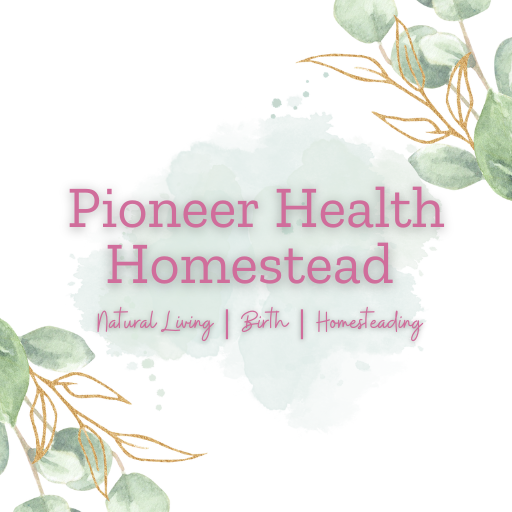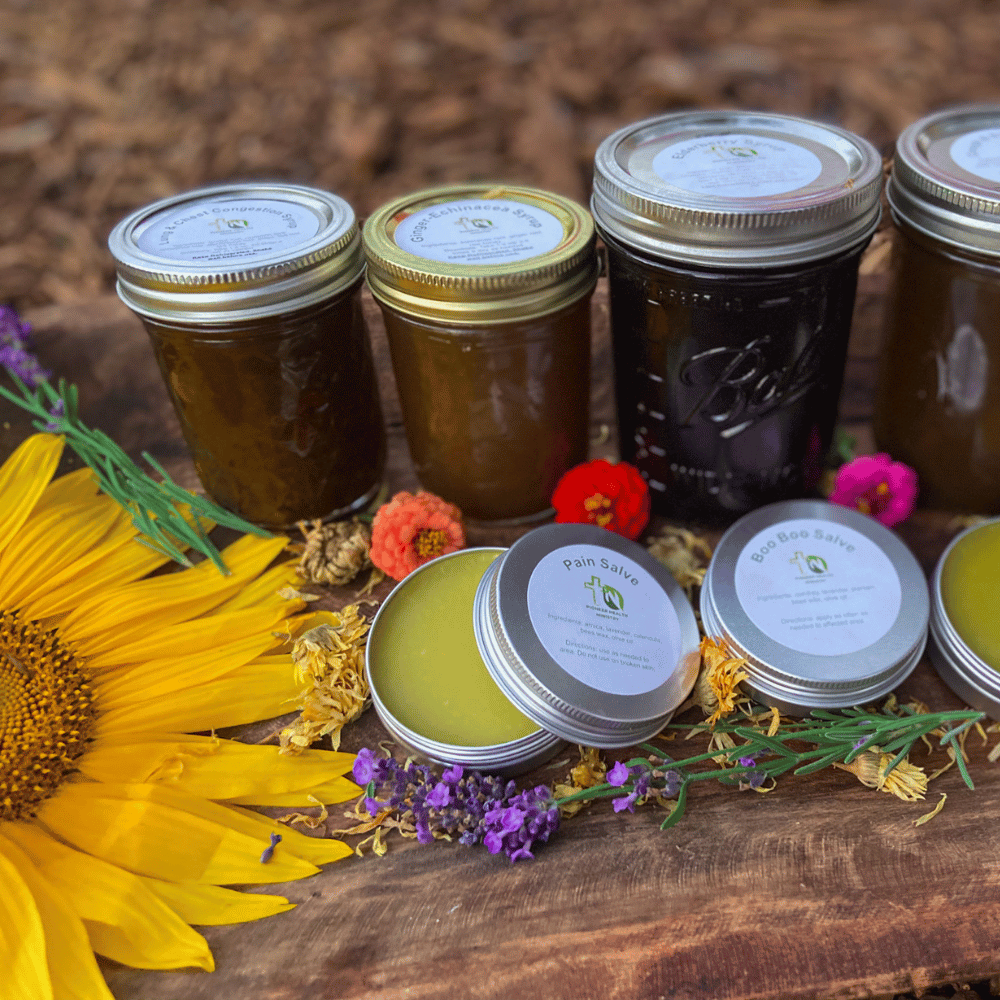Best Herbs for Allergies: Natural Remedies for Relief Now
The best herbs for allergies can provide tremendous relief for those of us who suffer from sneezing, itchy eyes, and nasal congestion. Whether it’s seasonal allergies or reactions to environmental allergens, the symptoms can make everyday life challenging. As a mom of 5 and a Registered Nurse, I’ve tried many different remedies over the years to help my family and myself get through allergy season. After exploring various options, I’ve found that natural remedies are often the most effective without the unwanted side effects.
One of my favorite herbs for allergy relief is Nettle (Urtica dioica). It’s a natural antihistamine that works wonders for easing inflammation, nasal congestion, and typical allergy symptoms like a runny nose and itchy eyes. In my shop, I offer Nettle as a tincture, lotion, and soothing handmade soap because I’ve experienced its effectiveness firsthand. If you’re looking for a natural remedy that truly helps, I highly recommend giving Nettle a try!
Save For Later!
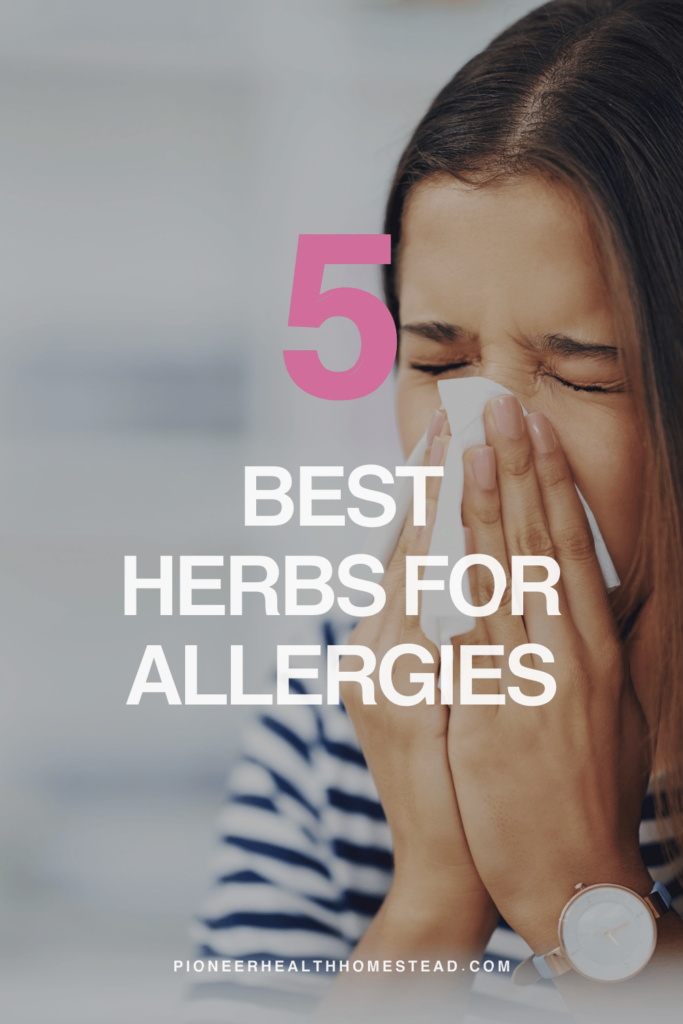
Understanding Allergies: A Nursing Perspective
Allergies occur when the body’s immune system overreacts to substances it sees as harmful, known as allergens. These allergens can be anything from pollen and dust to pet dander or certain foods. In response, the immune system triggers an allergic reaction, which can lead to a variety of symptoms that many people are all too familiar with, like a runny nose, itchy eyes, and nasal congestion.
One of the most common types of allergies is seasonal allergies, also known as allergic rhinitis. This occurs when the body reacts to environmental allergens such as pollen, leading to symptoms that are often mistaken for the common cold.
From a nursing perspective, it’s important to understand that allergies are essentially an exaggerated immune system response. When the body encounters an allergen, it releases histamine, a chemical that causes swelling and inflammation in the nasal passages, eyes, and even the respiratory system. This histamine release is what leads to those frustrating allergy symptoms like sneezing, excess mucus, nasal congestion, and itchy eyes.
Managing these symptoms effectively requires more than just treating the surface-level discomfort; it’s about calming the body’s immune response. This is where natural remedies like herbal supplements, essential oils, and lifestyle changes can really shine in providing relief without overburdening the body with side effects.

Common Allergy Medications and Their Risks
The most commonly prescribed medications for allergies include antihistamines, nasal sprays, and decongestants. These medications work by blocking histamine or reducing inflammation in the nasal passages, but they are not without their risks. For example, over-the-counter antihistamines like diphenhydramine (Benadryl) can cause drowsiness, dry mouth, and dizziness.
While newer antihistamines such as cetirizine (Zyrtec) and loratadine (Claritin) may cause fewer side effects than older medications, they still carry risks like headaches, dry mouth, and even drowsiness in some individuals. Additionally, they don’t work for everyone and still aren’t as safe or gentle on the body as herbs, which can offer relief without the potential for these side effects.
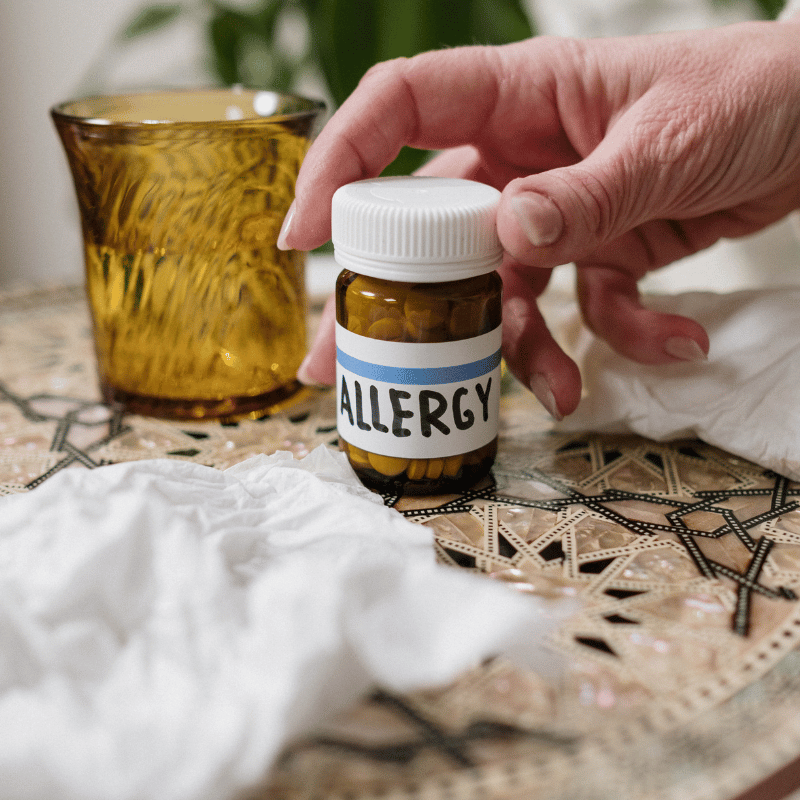
Nasal sprays that contain corticosteroids are often prescribed for reducing inflammation in the nasal passages, but long-term use can lead to side effects like nosebleeds, headaches, and even suppression of the immune system. Decongestants such as pseudoephedrine can raise blood pressure and aren’t safe for people with certain heart conditions. Over-reliance on these medications can sometimes do more harm than good, especially when used over an extended period.
From a holistic perspective, these medications may not always address the root cause of allergic reactions—an overactive immune system. That’s why I encourage exploring natural remedies like herbal supplements and dietary changes, which can often offer effective, longer-lasting relief without the potential for harmful side effects.
Top Herbs for Allergy Relief
When it comes to managing allergies, several herbs have been especially effective for reducing symptoms and supporting overall health. Below are my top picks, each with its unique benefits, and how they can help relieve common allergy symptoms naturally.
Nettle (Urtica dioica)
Benefits and Medicinal Uses
Nettle is one of my absolute favorites for managing allergy symptoms. It acts as a natural antihistamine, helping to block histamine release, which triggers allergic reactions. Nettle is particularly effective for reducing inflammation, easing nasal congestion, and alleviating itchy eyes.
Forms Available: Tincture, Lotion, and Soap
In my shop, I offer nettle in several forms, including tinctures, which are easy to add to water or tea, lotions for topical relief of itchy, inflamed skin, and a soothing handmade soap that’s perfect for calming irritated skin.
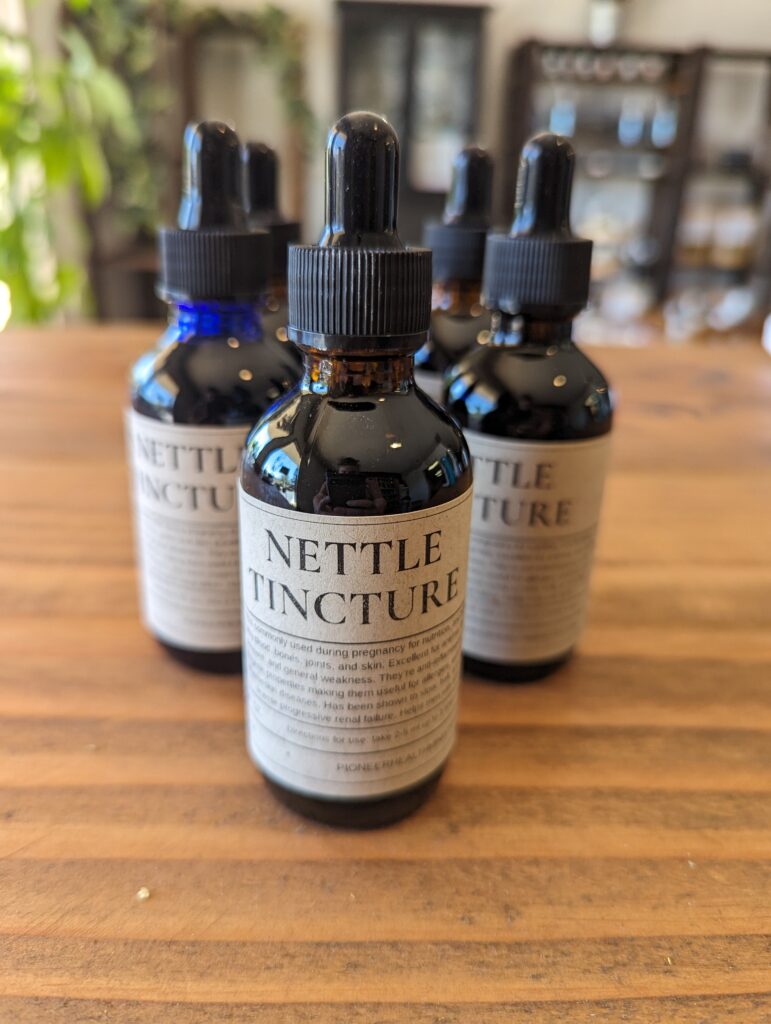
How It Helps with Nasal Passages, Runny Nose, and Itchy Eyes
Nettle’s anti-inflammatory properties help reduce the swelling and irritation in the nasal passages, which can lessen congestion and a runny nose. It also works to alleviate the itchiness in your eyes that often comes with allergy season, making it a versatile herb for overall allergy relief.
Licorice Root
Anti-Inflammatory Properties
Licorice root has been used for centuries to treat respiratory conditions due to its powerful anti-inflammatory effects. It helps soothe irritated airways and supports the body’s natural ability to fight off allergens, reducing symptoms like sneezing and nasal congestion.
Forms Available: Tea, Powder, and Capsules
Licorice root is available as a tea, which is great for soothing the throat and respiratory system. It also comes in powdered form, which can be added to smoothies or recipes, and capsules for convenient use on the go.
How It Soothes the Respiratory System and Reduces Allergic Symptoms
This herb acts as a natural demulcent, which means it forms a protective coating over the mucous membranes of the respiratory system. This helps reduce irritation, ease coughing, and soothe inflamed tissues, making licorice root a great choice for calming allergic responses in the lungs and airways.
Dandelion Root
Detoxifying Properties and Support for Liver Health
Dandelion root is a powerful detoxifying herb that supports liver health, which plays a crucial role in regulating the body’s immune response. A healthy liver is essential for breaking down toxins and reducing inflammation, which in turn helps manage allergic symptoms.
Forms Available: Tea, Capsules, and Tinctures
Dandelion root is commonly consumed as a tea for gentle detoxification. It is also available in capsule and tincture forms, making it easy to incorporate into your daily routine.
Role in Reducing Allergic Response and Excess Mucus
By helping the body detoxify, dandelion root reduces excess mucus production and aids in calming allergic reactions. This makes it especially helpful for dealing with sinus congestion and runny noses during allergy season.
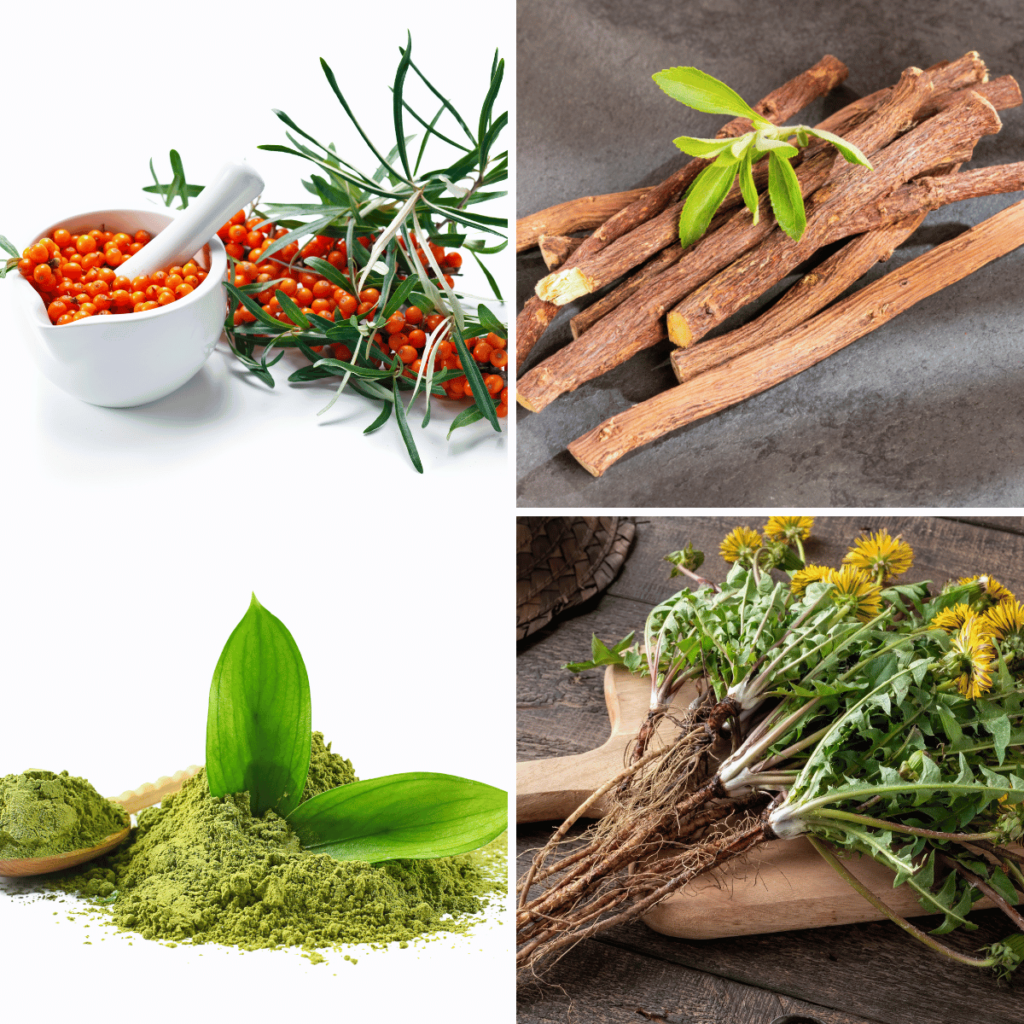
Sea Buckthorn
Immune System Support and Anti-Inflammatory Effects
Sea buckthorn is rich in vitamins and antioxidants that support the immune system and reduce inflammation. It has been used to treat respiratory conditions by helping the body resist allergens and reducing swelling in the nasal passages.
Forms Available: Oil, Capsules, and Juice
Sea buckthorn is commonly available as oil, which can be taken internally or applied topically for skin health. It also comes in capsule form for daily use, and juice, which can be consumed for a boost of vitamins and immune support.
Benefits for Respiratory and Digestive Systems
In addition to supporting respiratory health, sea buckthorn is also beneficial for the digestive system, where many immune responses begin. This dual action makes it effective for reducing allergic reactions while supporting overall immune health.
Green Tea
Antioxidant Properties and Reduction of Oxidative Stress
Green tea is well-known for its high antioxidant content, which helps protect the body from oxidative stress—a factor that can worsen allergic reactions. Drinking green tea regularly can help reduce inflammation and strengthen the immune system.
Forms Available: Loose Leaf, Tea Bags, and Extracts
Green tea is most commonly consumed as loose leaf tea or in tea bags. For those looking for a concentrated form, green tea extracts are also available, making it easy to get the benefits without drinking multiple cups of tea each day.
How It Aids in Allergy Symptom Relief
Green tea contains natural compounds that inhibit the production of histamine, helping to relieve symptoms like sneezing, itchy eyes, and a runny nose. Its anti-inflammatory effects also provide relief for nasal congestion and support overall respiratory health.
These herbs offer a variety of forms and benefits, making them great natural options for managing allergy symptoms without the side effects of conventional medications. Each one brings its unique strengths to the table, offering holistic relief for allergy sufferers.
How to Use These Herbs
Incorporating herbs into your daily routine can be both simple and effective when it comes to allergy relief. Whether you prefer teas, supplements, or topical applications, here are some practical ways to use these powerful herbs.
Herbal Teas and Supplements
Best Ways to Incorporate Herbs like Nettle and Licorice Root into Your Daily Routine
Drinking herbal teas or taking supplements is one of the easiest ways to benefit from the healing properties of herbs like Nettle and Licorice Root. Both of these herbs can be steeped in hot water to make a soothing tea that can be sipped throughout the day during allergy season. For those who prefer a more concentrated dose, supplements like capsules or tinctures are a great way to get consistent relief.
Recommendations for Dosage and Preparation
- Nettle Tea: Use 1-2 teaspoons of dried nettle leaves per cup of water. Steep for 5-10 minutes and drink up to three times daily for ongoing relief.
- Licorice Root Tea: Steep 1 teaspoon of dried licorice root in boiling water for 10 minutes. Drink 1-2 cups per day, but avoid high doses as licorice root can raise blood pressure with long-term use.
For tinctures, follow the product’s dosage instructions, typically starting with 1-2 dropperfuls in a glass of water or tea.
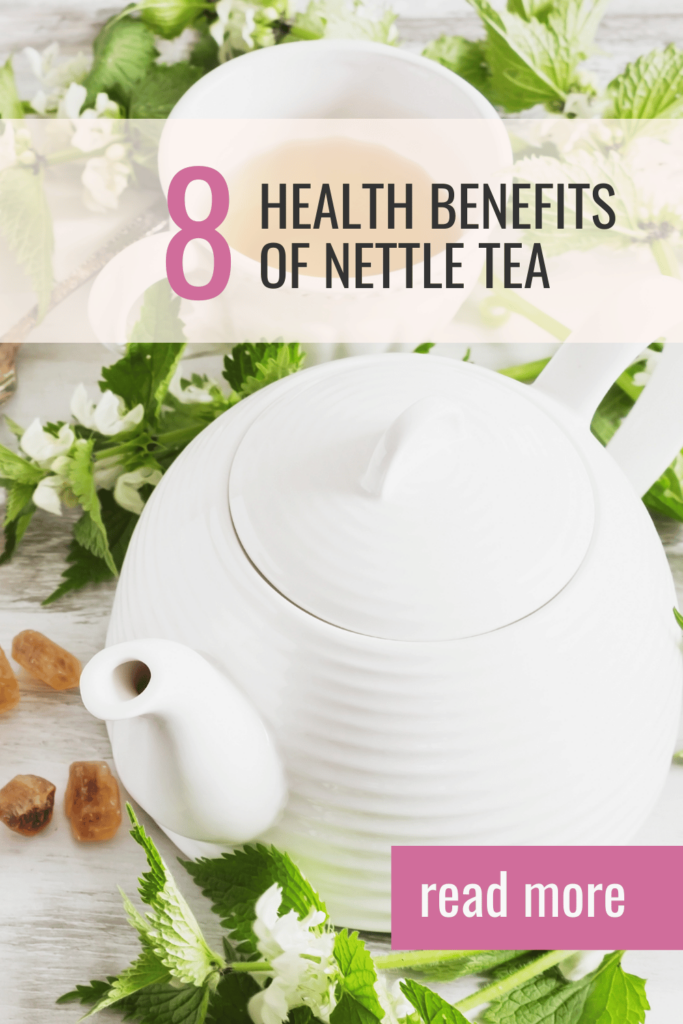
Topical Applications
Benefits of Herbal Lotions and Soaps for Skin Allergies
For those dealing with skin allergies, topical applications of herbal products can provide fast, localized relief. Herbs like Nettle and Sea Buckthorn in lotions or soaps can reduce inflammation, soothe irritation, and calm itchy skin caused by allergic reactions.
- Nettle Lotion: This is particularly helpful for soothing rashes, hives, or dry, itchy skin that may result from allergic reactions. Apply as needed to areas of discomfort.
- Herbal Soaps: Handmade soaps with nettle, sea buckthorn, or dandelion root can be used daily to gently cleanse and calm sensitive or irritated skin.

Essential Oils
Use of Essential Oils for Nasal Congestion and Sinus Relief
Essential oils can also be an excellent option for relieving allergy symptoms, especially nasal congestion and sinus pressure. Peppermint, eucalyptus, and lavender essential oils are known for their ability to clear the nasal passages and reduce inflammation.
- Peppermint Oil: Acts as a natural decongestant, helping to open up airways and clear the sinuses. Inhale directly from the bottle or use in a diffuser.
- Eucalyptus Oil: Its anti-inflammatory properties make it ideal for reducing nasal congestion. Add a few drops to a steaming bowl of hot water and inhale deeply for quick relief.
- Lavender Oil: Known for its calming effects, lavender oil can also help ease allergic symptoms like itchy, irritated skin when applied topically in a carrier oil.
For nasal congestion, you can also add a few drops of essential oils to a neti pot or saline solution for a natural sinus rinse.
These methods make it easy to incorporate powerful herbs into your daily routine, giving you natural tools to manage allergies and stay comfortable throughout allergy season. From teas and supplements to soothing lotions and essential oils, each approach provides a holistic way to tackle both respiratory and skin allergy symptoms.
Additional Natural Remedies
While herbs provide significant relief for allergy sufferers, combining them with other natural treatments can enhance their effectiveness. Here are a few more options to consider.
Nasal Irrigation and Neti Pot
Nasal irrigation using a neti pot is a highly effective way to clear nasal passages and reduce congestion, particularly for those struggling with allergic rhinitis. By rinsing the nasal cavity with a saline solution, you help flush out allergens like pollen, dust, and pet dander that trigger allergic responses. This simple practice can offer immediate relief and improve breathing during allergy season.
Saline Solution
A basic saline solution is one of the most effective and gentle ways to relieve nasal congestion and a runny nose. Saline helps thin out mucus, making it easier to clear the nasal passages, and it can be used regularly without the risk of side effects. Pairing saline rinses with herbal remedies like nettle or licorice root can provide even more comprehensive symptom relief.
Local Honey
Some believe that consuming local honey can help the body build tolerance to local pollen, potentially reducing allergic reactions. Though the science on this is still evolving, many allergy sufferers report seasonal allergy relief when they include small amounts of local honey in their daily routine. Local honey can be mixed into teas, added to food, or eaten by the spoonful.
Integrating Herbs into Your Lifestyle
Herbs can become a powerful part of your daily routine for managing allergies, but they work best when supported by healthy lifestyle choices.
Dietary Changes and Supplements
Incorporating a balanced diet rich in fruits, vegetables, and whole foods can strengthen your immune system and reduce allergic reactions. Pairing your herbal remedies with vitamin C supplements can offer additional support. Vitamin C is known for its antioxidant properties and ability to reduce histamine release, which helps in alleviating allergy symptoms. Adding more antioxidant-rich foods like berries, citrus fruits, and green vegetables can amplify the effects of herbs.
Holistic Approach
For the best results, it’s important to take a holistic approach by combining herbal remedies with other natural treatments. Nasal irrigation, local honey, and dietary adjustments can all complement the medicinal effects of herbs. However, it’s equally crucial to consult with a healthcare provider before starting any new herbal supplements, especially if you’re pregnant, have an autoimmune condition, or are currently taking medication.
Precautions and Side Effects
While herbs are generally considered safe, it’s important to understand their potential side effects and how they might interact with other medications.
Potential Side Effects
Herbs like licorice root can raise blood pressure if taken in high doses over an extended period. Similarly, nettle, though a gentle herb, can interact with blood-thinning medications. Always follow recommended doses and be mindful of any reactions your body might have. If you notice unusual symptoms, it’s best to stop using the herb and consult a healthcare provider.
Consulting Medical Professionals
It’s always a good idea to work with medical professionals when managing allergies, especially if you’re exploring new treatments. Allergy testing, such as skin prick tests or blood tests, can help identify specific triggers and guide your herbal regimen. This is especially important for pregnant individuals or those with autoimmune diseases, as some herbs might not be suitable for all health conditions.
Conclusion
Herbs like nettle, licorice root, and dandelion offer natural, effective relief for allergy symptoms, from clearing nasal passages to soothing itchy eyes and calming the respiratory system. These remedies provide a holistic, gentle approach to allergy relief with fewer risks than traditional over-the-counter medications. As a mom of five and a Registered Nurse, I’ve tried countless remedies over the years, and these herbs have become my top go-to solutions for seasonal allergy relief.
If you’re ready to explore the benefits of natural remedies, I encourage you to try incorporating herbs into your routine. Whether you start with a soothing nettle tea or a detoxifying dandelion root supplement, these herbs can make a significant difference in your overall well-being.
Check Them Out!
Visit my shop to check out the herbal products we offer, including Nettle tincture, Nettle lotion, and Soothing Nettle Soap, all crafted to provide relief from allergy symptoms. I’d love to hear your experiences with herbal remedies or answer any questions you may have, so feel free to share your thoughts in the comments below. Let’s find natural relief together!
Recent Posts!
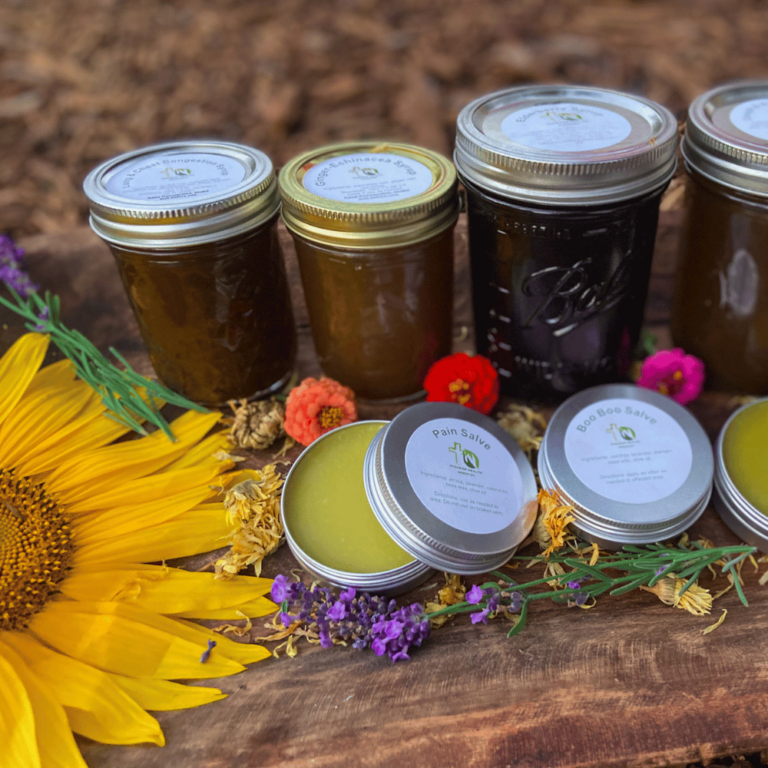
Herbalism for Beginners: Comprehensive and Practical Guide
Sharing is caring! Facebook Pinterest Twitter Herbalism for Beginners: Comprehensive and Practical Guide Herbalism for Beginners In this blog post, I will discuss that herbalism for beginners can be a wonderful way to explore the healing power of nature. Herbalism is the practice of using plants for medicinal purposes, and it has been around for…
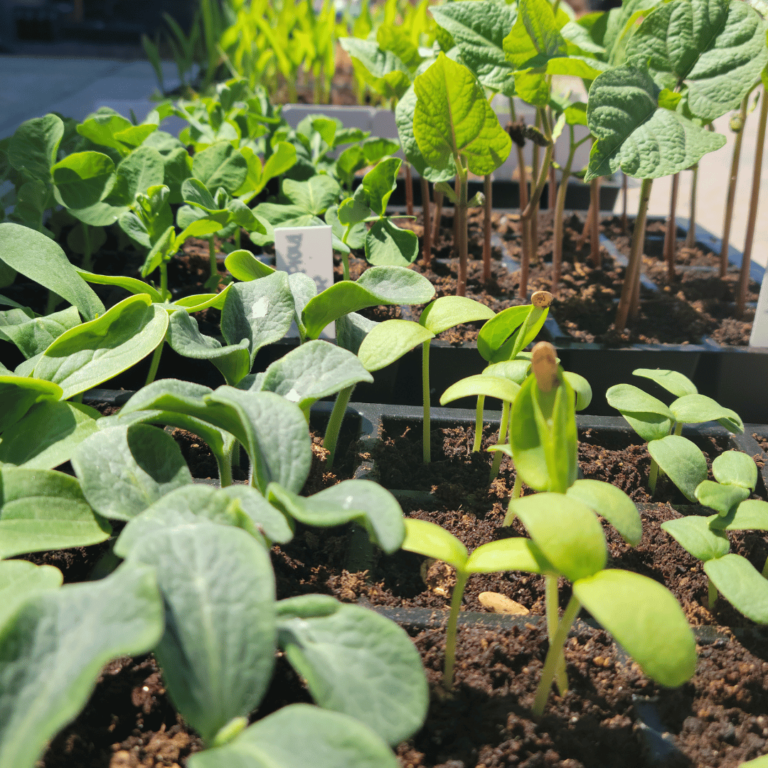
The Best Guide to Starting Seeds Outdoors: Tips and Tricks
The Best Guide to Starting Seeds Outdoors: Tips and Tricks The Joy of Starting Seeds Outdoors Starting seeds outdoors is a rewarding way to launch your gardening journey. Few things compare to watching a garden grow from seeds you planted yourself. With each sprout, there’s a new feeling of accomplishment. Growing from seed lets you care…

How to Guide for Starting Jalapeno Seeds Indoors
How to Guide for Starting Jalapeno Seeds Indoors Starting Jalapeno Seeds Indoors: A Step-By-Step Guide Starting jalapeno seeds indoors is a rewarding experience that lets you grow vibrant, spicy peppers from the very beginning. Watching those tiny seeds transform into productive jalapeno plants brings satisfaction, especially for anyone passionate about home gardening. Starting seeds indoors…

Easy Discard Sourdough Herb Crackers Recipe
Easy Discard Sourdough Herb Crackers Recipe Discard Sourdough Herb Crackers Sourdough herb crackers are a crunchy, delicious way to use up sourdough discard. If you bake sourdough bread, you know how much starter can be left over. Instead of wasting it, why not make something tasty? These herb crackers are the perfect way to put…
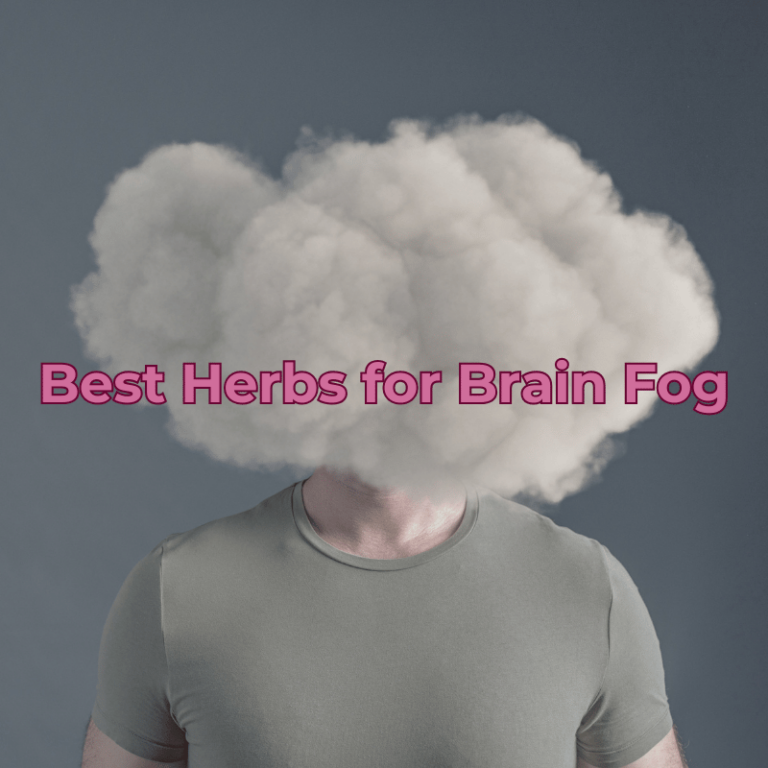
The Best Herbs for Brain Fog: Top Natural Remedies
The Best Herbs for Brain Fog: Top Natural Remedies The best herbs for brain fog can help improve cognitive function, mental clarity, and overall brain performance. Brain fog is a common issue that many people experience, often characterized by lack of focus, mental fatigue, and memory loss. It can make daily tasks difficult, leading to…

Best Books on Natural Birth: A RN’s Recommendations
Best Books on Natural Birth: A RN’s Recommendations The purpose of this blog post is to share a carefully curated list of the best books on natural birth. Whether you are considering an unmedicated birth in a hospital setting, planning a home birth, or just want to understand the nuances of a female-centered midwifery model…
